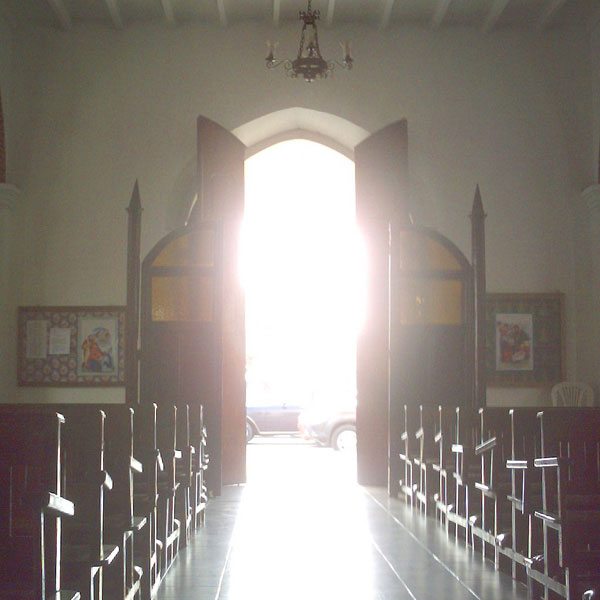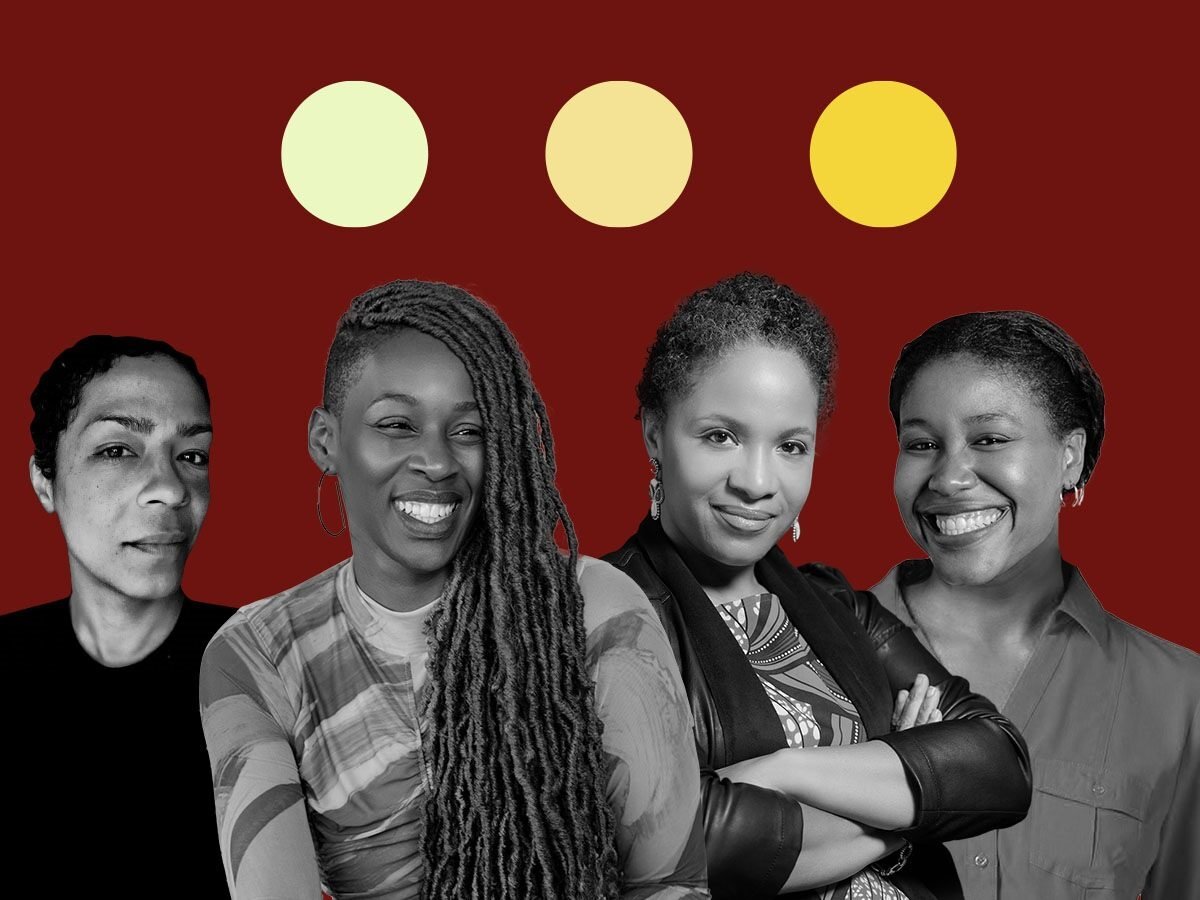
May 9, 2018; New York Times
The Supreme Court, the president, and the US attorney general have all weighed in with their belief that the wall separating church and state needs to be lowered. Now, the US Department of Education is moving forward to bring its policies in line with this new perspective. For private, religiously affiliated colleges and universities, new funding opportunities may soon become available. For public and non-religious private schools, there will be greater competition for already scarce funding.
Liz Hill, spokesperson for the Education Department, took note of the new perspective when she announced last week that “various provisions of the department’s regulations regarding eligibility of faith-based entities and activities do not reflect the latest case law regarding religion or unnecessarily restrict religion. The department plans to review and to amend such regulations in order to be more inclusive.”
The intent of the Department, as noted by the Office of Management and Budget, is to review “the eligibility of faith-based entities to obtain grants from the Department or to participate in State-administered programs” in order “to amend or rescind such regulations in order to…reduce or eliminate unnecessary burdens and restrictions on religious entities and activities.”
The Department of Education’s perspective reflects the administration’s view on the low bar needed to satisfy the First Amendment’s provisions on church-state relations. It is hoping to expand the Supreme Court’s ruling in a recent case involving state funding for school safety improvements, which held that religious institutions could receive government funding under limited circumstances, as a rationale for broadly opening up funding opportunities. The court’s decision specifically emphasized that it was limited to the specifics of the case being decided: “This case involves express discrimination based on religious identity with respect to playground resurfacing. We do not address religious uses of funding or other forms of discrimination.” The administration is moving forward from the perspective that the ruling has empowered them to go well beyond safety funding.
Sign up for our free newsletters
Subscribe to NPQ's newsletters to have our top stories delivered directly to your inbox.
By signing up, you agree to our privacy policy and terms of use, and to receive messages from NPQ and our partners.
The Times points out some current restrictions that might be soon removed.
For example, regulations prohibit work-study financial aid for work that involves “the construction, operation or maintenance of any part of a facility used or to be used for religious worship or sectarian instruction.” And a popular grant program called Gear Up, which funds tutors, mentors and other outreach efforts for at-risk youths, prohibits state education departments from pairing with institution that are “pervasively sectarian.”
The potential benefits of the Education Department’s new direction were quickly understood in the faith-based higher education community. According to the Times, Shirley Hoogstra, president of the Council for Christian Colleges and Universities, said, “We appreciate Secretary DeVos’s commitment to ensuring students are able to obtain quality educations at the institutions of higher education that will best serve their needs, including religious colleges and universities. Eliminating or revising regulations that impose undue and outdated restrictions on religious institutions is an important and welcome development.”
At issue is not just a school’s use of public money to teach a specific religion. The president’s recent executive order focused heavily on his desire to protect actions based in deeply held religious beliefs from government challenge. Opening the funding door as widely as this effort seems to intend may allow schools that discriminate based on their beliefs to do so with government funding.—Martin Levine














